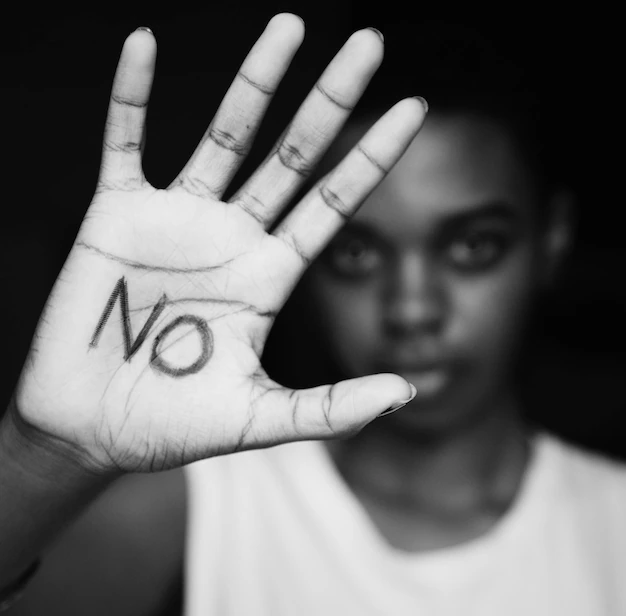The University of Botswana (UB) Student Representative Council (SRC) President, Kwena Topo, has called for the intensification of sexual harassment awareness campaigns at the institution following a recent expose on social media platform X (formerly Twitter). The post, which sparked significant online discussion over the weekend, highlighted concerns around sexual harassment within the student community, prompting a response from student leadership.
Topo emphasized that the SRC takes allegations of sexual harassment seriously and is committed to addressing the issue head-on. His remarks came in light of increasing concerns among students about harassment, safety, and the need for a stronger support system for victims.
The Social Media Exposé
The discussion on social media over the weekend centered around allegations of sexual harassment involving students at UB. While the specific details were not fully disclosed, the posts gained traction as young people and students shared their experiences and concerns regarding harassment, sparking widespread conversation on the platform.
The conversations revolved around the need for institutions like UB to do more to protect students from harassment and to ensure that appropriate measures are in place to address such incidents. As the conversation unfolded, many students voiced their frustration with the perceived lack of action on sexual harassment cases, and some called for more visibility and support for victims.
Kwena Topo’s Response
In response to the ongoing dialogue, Kwena Topo expressed his concern for the victims of harassment and assured students that their voices would not be ignored. “We take these allegations seriously,” Topo stated, emphasizing that the student leadership is committed to tackling sexual harassment and supporting those who come forward with complaints.
Topo called for a more robust approach to sexual harassment awareness, highlighting the importance of educating students on the matter. He suggested that the university’s existing campaigns and resources in place to prevent harassment should be expanded and made more accessible to students. This would include initiatives such as workshops, seminars, and campaigns aimed at creating a safe environment on campus and encouraging students to speak out without fear of judgment or retaliation.
The Need for More Awareness
Kwena Topo’s call for intensified sexual harassment awareness campaigns is in line with the growing demands for better awareness, education, and preventive measures. Many students argue that while sexual harassment is a known issue, there needs to be a shift in how it is addressed, particularly within the context of university campuses.
By amplifying awareness campaigns, Topo believes that students will be more informed about what constitutes harassment, how to report it, and what resources are available to help them. He added that the university community must work together to create an environment where harassment is not tolerated and where students can feel safe and supported.
Strengthening Reporting Mechanisms
One of the key areas that need attention, according to Topo, is the need for more effective reporting mechanisms. He pointed out that while the university has systems in place for reporting harassment, these mechanisms must be streamlined to ensure that complaints are handled efficiently and sensitively.
“We cannot allow students to feel that their complaints are not taken seriously,” said Topo. He mentioned that student leadership is in discussions with the university administration to improve the support structures and processes for dealing with sexual harassment cases. The goal is to ensure that students who experience harassment are given the tools and support they need to navigate their situations and seek justice.
Commitment to Action
Kwena Topo’s statement reflects a strong commitment from the student leadership to ensure that sexual harassment remains a top priority. His leadership has made it clear that such incidents will not be tolerated and will be actively addressed through awareness, education, and proper support systems.
The university administration has yet to make an official statement regarding the calls for more intense awareness campaigns and improved reporting mechanisms. However, with the increasing pressure from students and student leadership, it is likely that further actions will be taken to ensure the safety and well-being of the student body.
The recent social media exposure of sexual harassment concerns at the University of Botswana has sparked a much-needed conversation about the safety and well-being of students on campus. Kwena Topo’s call for intensified sexual harassment awareness campaigns signals a proactive approach from student leadership to address this critical issue. By strengthening education, awareness, and reporting systems, UB has the opportunity to create a safer, more supportive environment for all students. As the conversation continues, it remains crucial that both students and university officials work together to combat sexual harassment and ensure that everyone on campus feels safe and respected.










